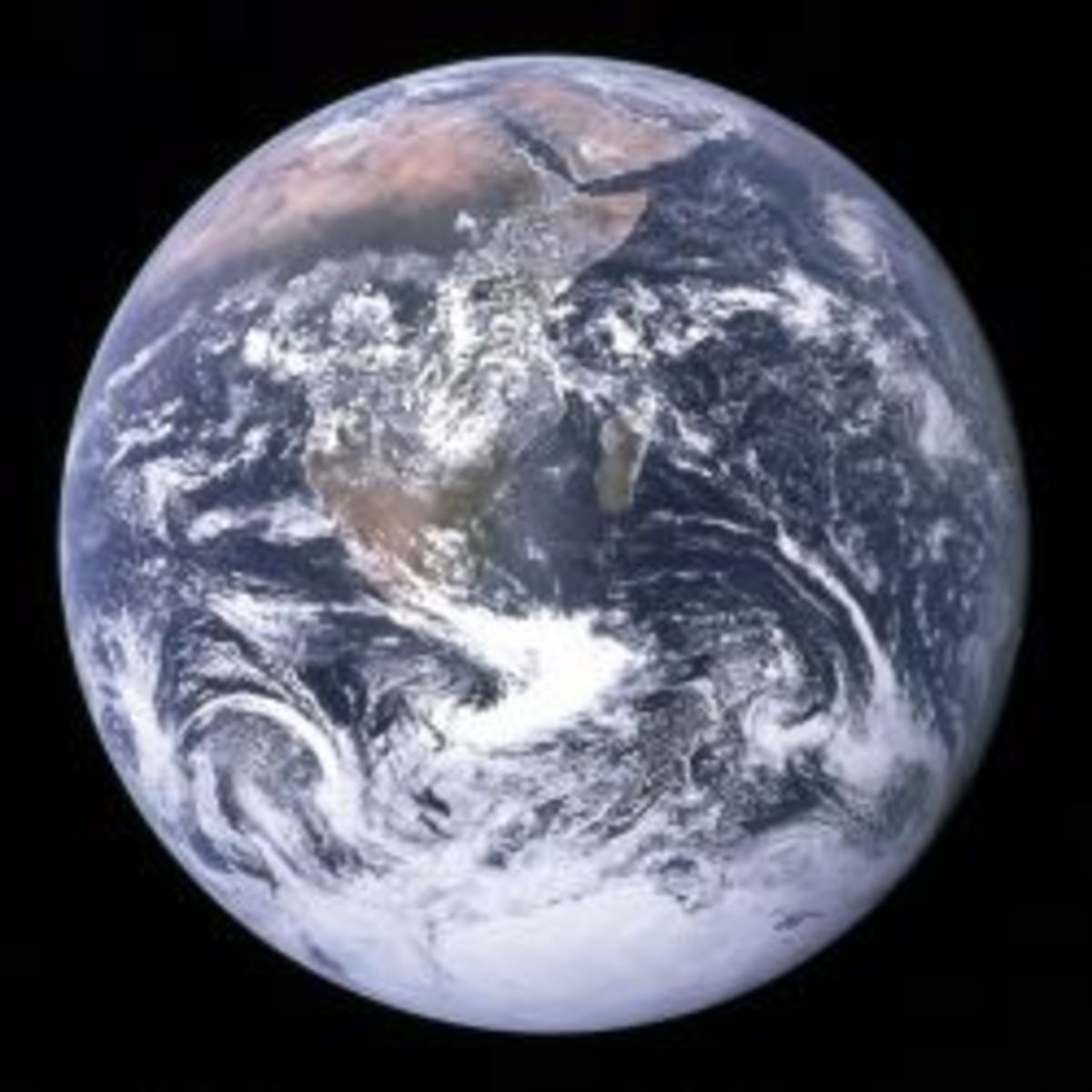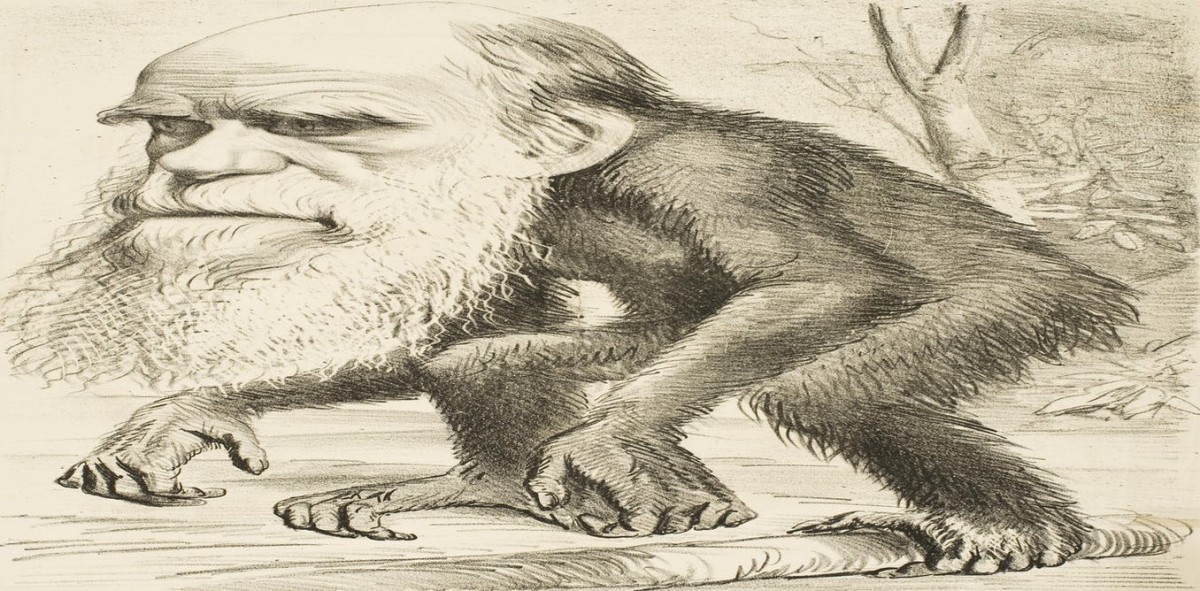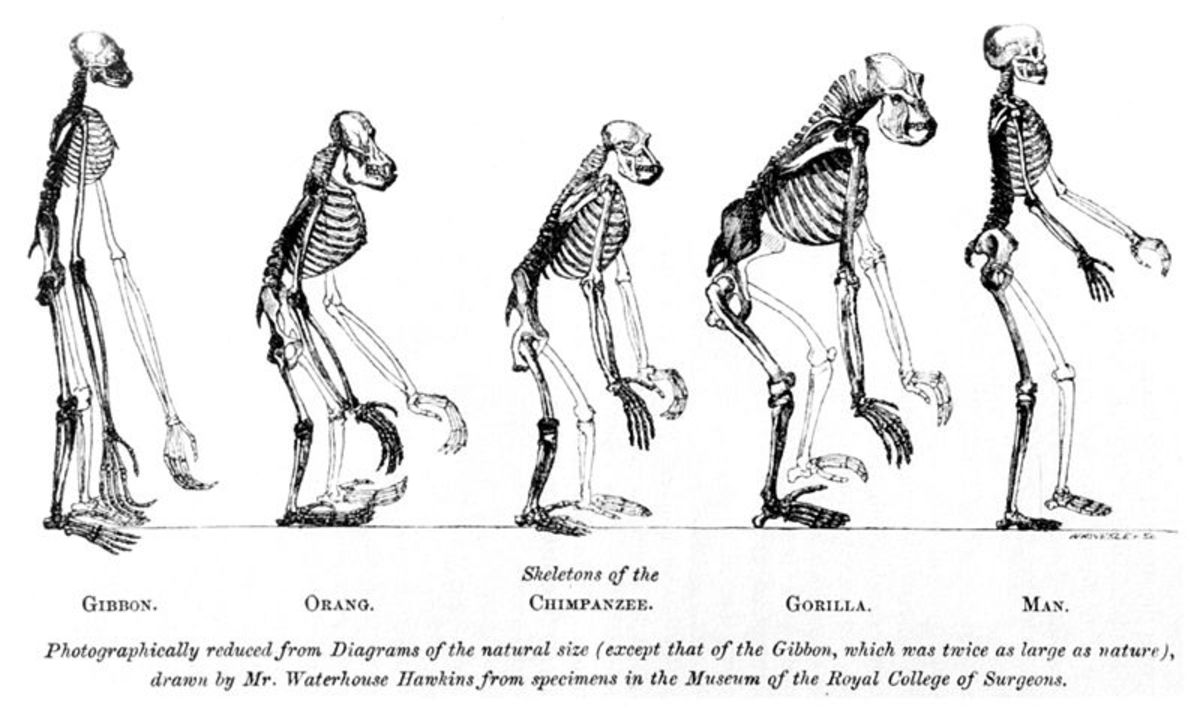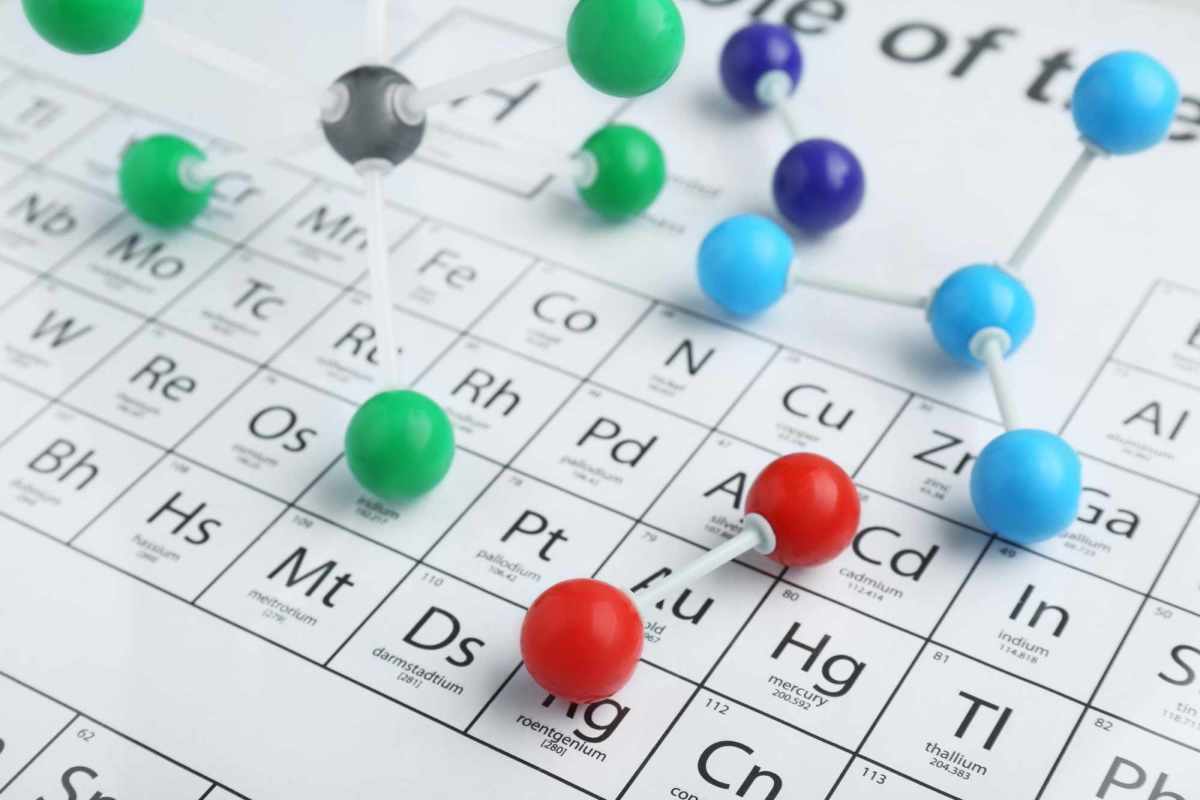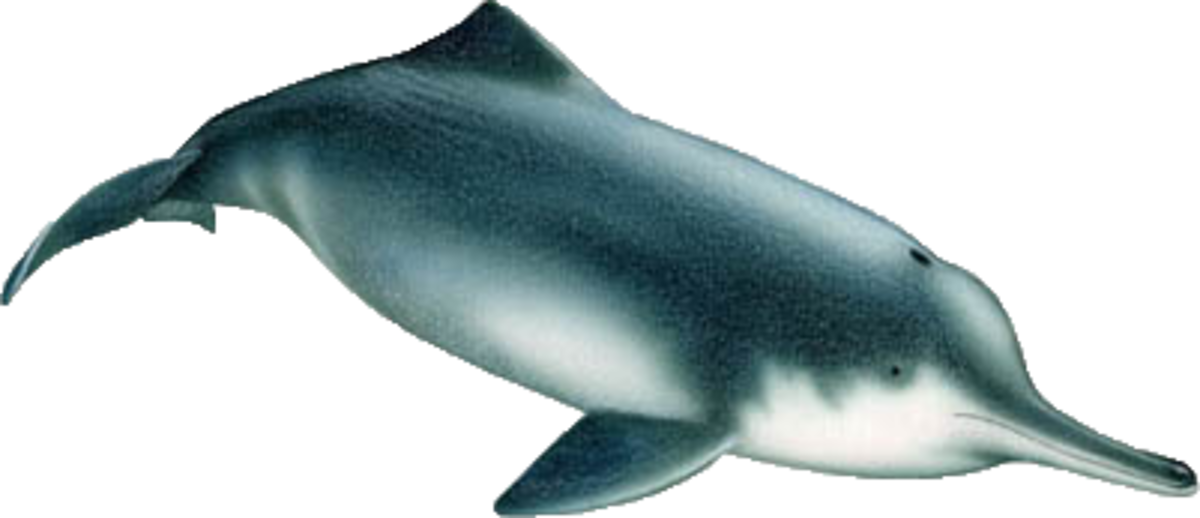Origins of life
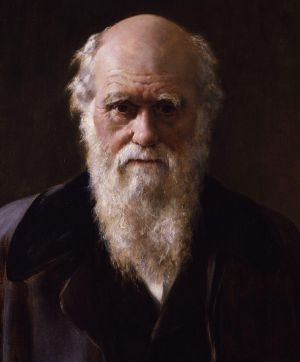
The big question about the origins of life is: how does inanimate matter become biological? It's an unanswered question so far. But I think we can begin to get a handle on how the process works if not yet the exact mechanism.
At the origins symposium Richard Dawkins was asked whether he thought there was a precursor to evolution, and his answer was no because, to paraphrase him, the world outside biology does not include natural selection. But I disagree and will attempt to explain why.
To me there seems to be a disconnect between the fields of chemistry, biology, and physics. It seems to me that chemistry and biology can only go so far back without physics and I think physics doesn't realize that it is the field which can perhaps do most to clarify this question.
While biology and chemistry work backwards toward an answer, physics is in the unique position of being able to work forward.
In the Big Bang model we start with free particles that merge into the first atoms. From there clouds of atoms cool and condense to produce the first stars. In those stars new atoms are formed. When those suns go nova the new atoms are released and form new suns. Clouds of atom rich matter left over condense and form atom rich planets which begin to interact and form new substances.
What made all these events happen? We can put down all these events to the laws of physics. Particularly we can site the laws of conservation and of course entropy as the engines of this evolution.
And yes I am suggesting that the laws of physics produce this evolutionary process.
What is natural selection? In a very real way natural selection is just what mutations are possible and viable and which mutations or changes are not. Natural selection follows rules of cause and effect. In fact it follows what we have called the laws of nature. A species can adapt to new conditions or it can not. Nature does not so much select as allow or disallow specific traits and behaviors.
It seems obvious to me that both the laws of physics and those that surround natural selection are not only intimately related, but just variations of the same thing.
What I am saying is that both natural selection and the way the atomic world works is through coercion. Reactions to interactions are forced by the nature of the interacting material or in deed by the environment interacting with the nature of material or biological systems.
This nature is really a code. The laws of physics and the laws of nature are already like a genetic code of nature inherent in all things.
Now we do not need the BB to be the correct model for this to work. After all, the laws of physics are what they are regardless, and formation of atoms within stars is well known fact.
It is also a fact that the laws of physics are what force interactions and mergers which create ever more complex substances and structures. In fact we can see how those laws affect human beings and our behavior. It is through need that anything does anything. Without stimulus we wouldn't move or bat an eyelash. An atom merges with another out of need as well.
The need is in the form of the atom's tendency toward their lowest energy output. Interaction with other atoms and particles throws the atom into a higher energy bracket. It compensates for that if it can. That is why if one atom catches a stray electron, for example, it throws it at another atom and they are instantly bonded together. This bond then creates a new substance on the next level of existence: the macro world.
So it is clear that the laws of physics are responsible for ever more complexity from the simple. It should also be obvious to us then that the laws of physics govern the laws of nature and indeed, the formation of RNA and DNA.
What the exact processes are is the million dollar question. But to me it is going to be more productive to think of the laws of nature as the code that produces the code: DNA/RNA, and that natural cause and effect is the same as natural selection. Natural selection then being the more complex version evolved from the simple. Well, relatively simple.
I think we can see this in may places. For one, in the idea of automatic response being the precursor to instinct, which is the precursor to conscious deliberation. All of which are coerced.
That's why I think it is physics that stands the best chance of finding the laws that govern the creation of DNA/RNA and finding the logical framework of the so called inanimate to the biological thereby giving chemistry and biology the tools that are needed to find the specific processes involved.
]


